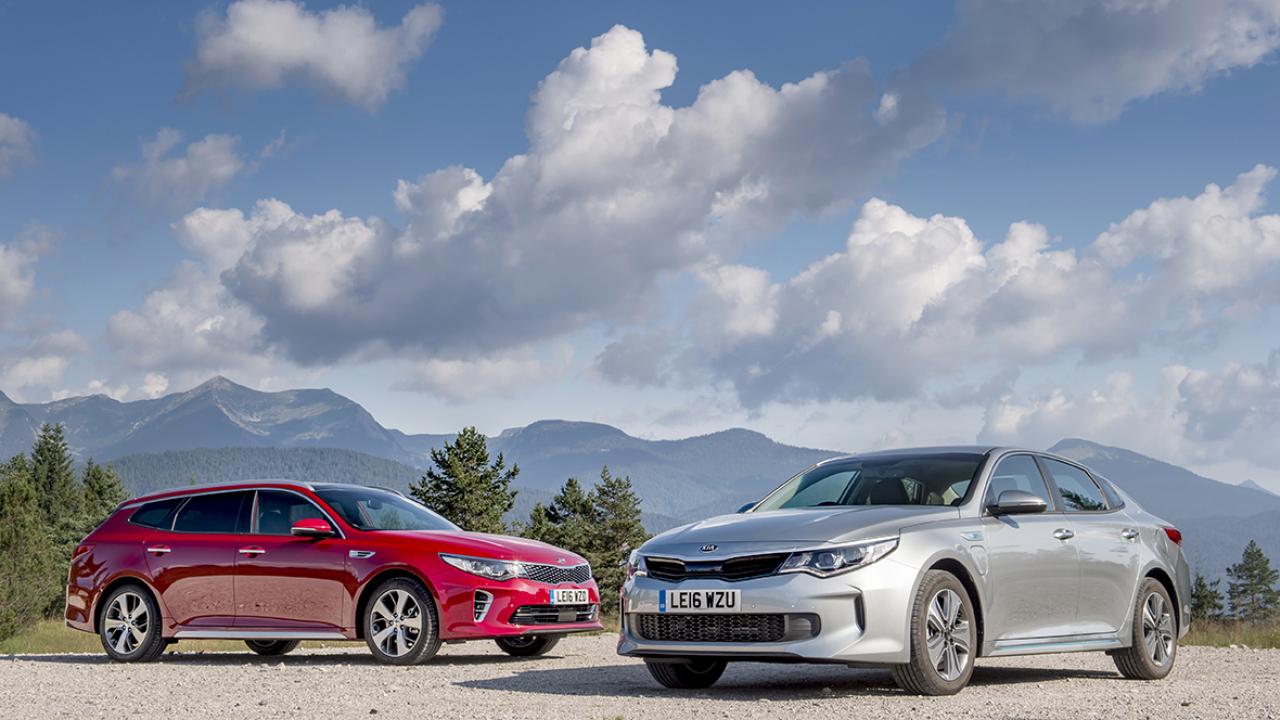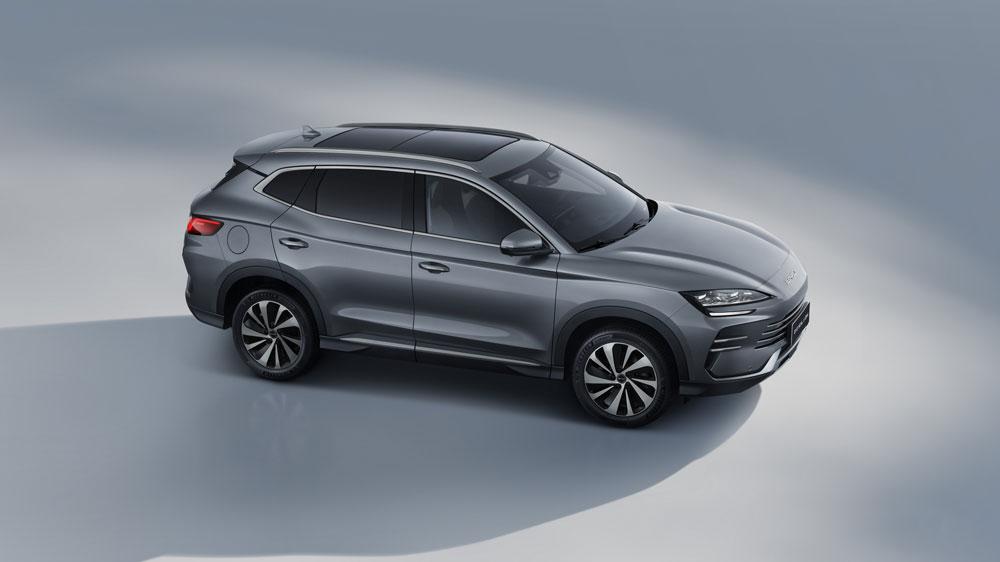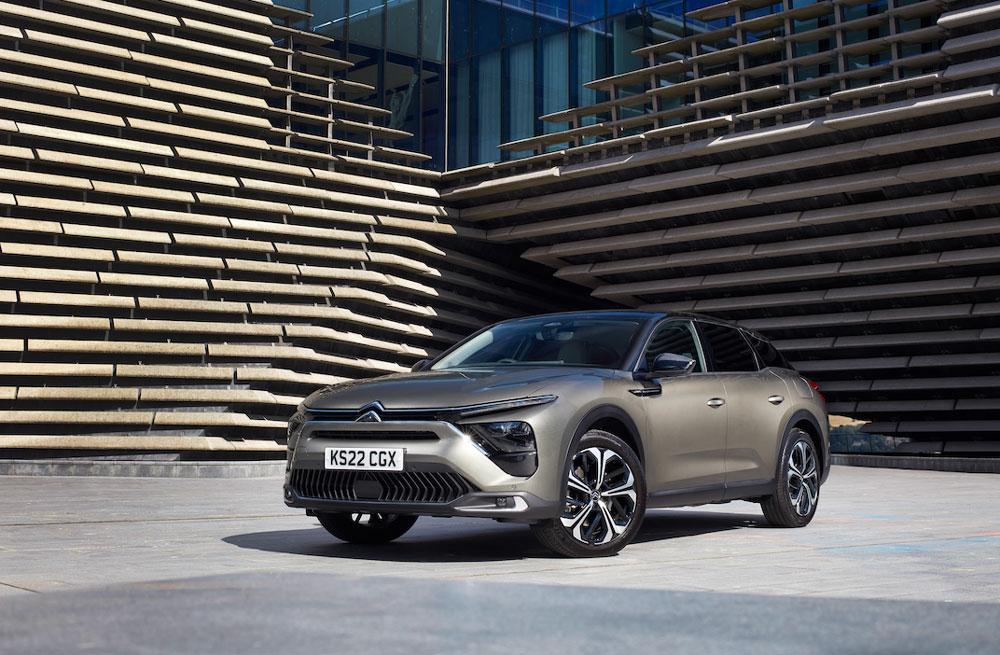Given the urgency of the need to reduce CO2, fleets should adopt hybrids rather than waiting for an adequate supply of fully-electric vehicles, says Emissions Analytics.
A newsletter from the company says: "The problem with the pure electric vehicle approach is that the transition will be slow, BEVs need disproportionately large batteries to give acceptable consumer utility, just as battery capacity is currently a scarce resource.
"As cumulative CO2 emissions are important for climate change – due to the long life of the gas in the atmosphere – a smaller reduction per vehicle now, but across many more hybrid vehicles, would eliminate a far greater volume of CO2 than applying the scarce battery resource to a smaller number of BEVs. This approach also helps mitigate naturally slow fleet turnover, with the average age of cars on the road being over twelve years."
Emissions Analytics data shows that hybrids are 14 times better than battery electric vehicles (BEVs) at reducing real-world CO2.
Testing shows that mild hybrids are the most efficient method of CO2 reduction, followed by full hybrids, given scarce battery production capacity. Plug-in hybrids are the next most effective after that, but only if they are operated entirely on battery, which is hard to enforce in practice. BEVs have the lowest efficiency, primarily due to requiring disproportionately large batteries to accommodate relatively infrequent, extreme usage cases where the driver will otherwise suffer range anxiety.
The Emissions Analytics newsletter concludes: "This data strongly suggests that policy unilaterally favouring one technology solution may be deeply inefficient and perhaps even the wrong eventual solution. A better approach would be to use real-world data to allow competing technologies to flourish as they can evidence genuine CO2 reductions, delivered as soon as possible."







